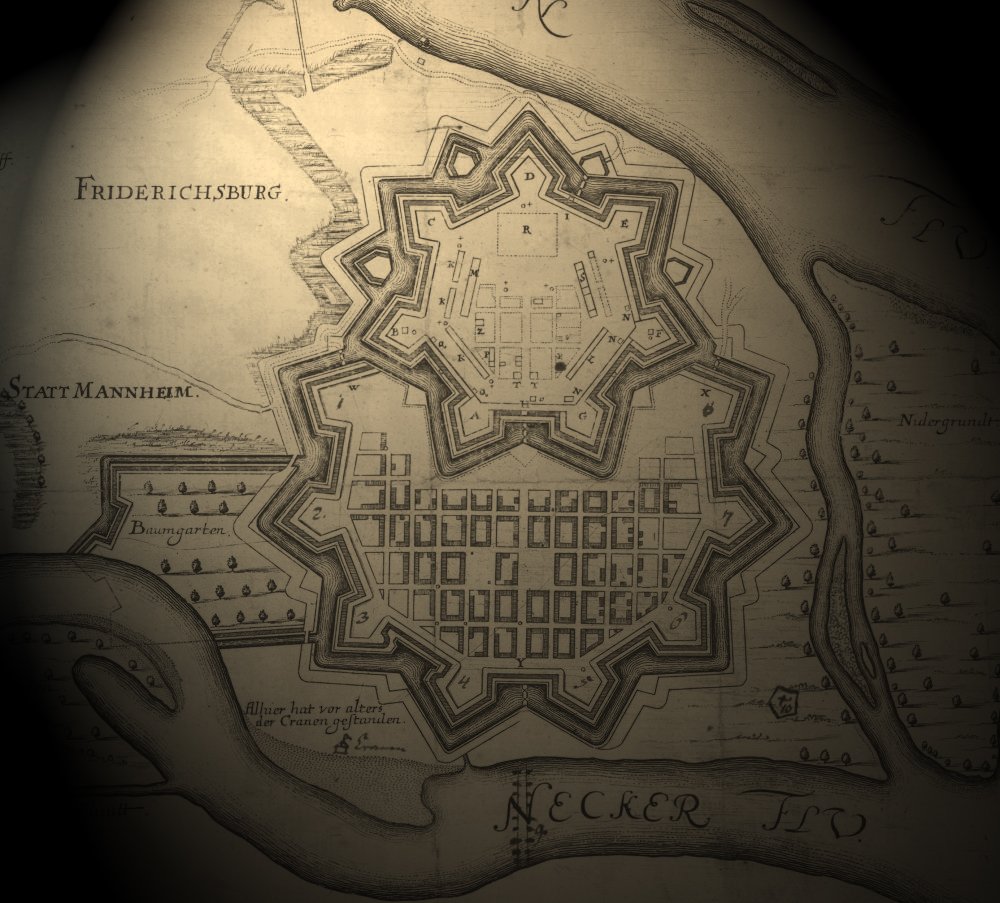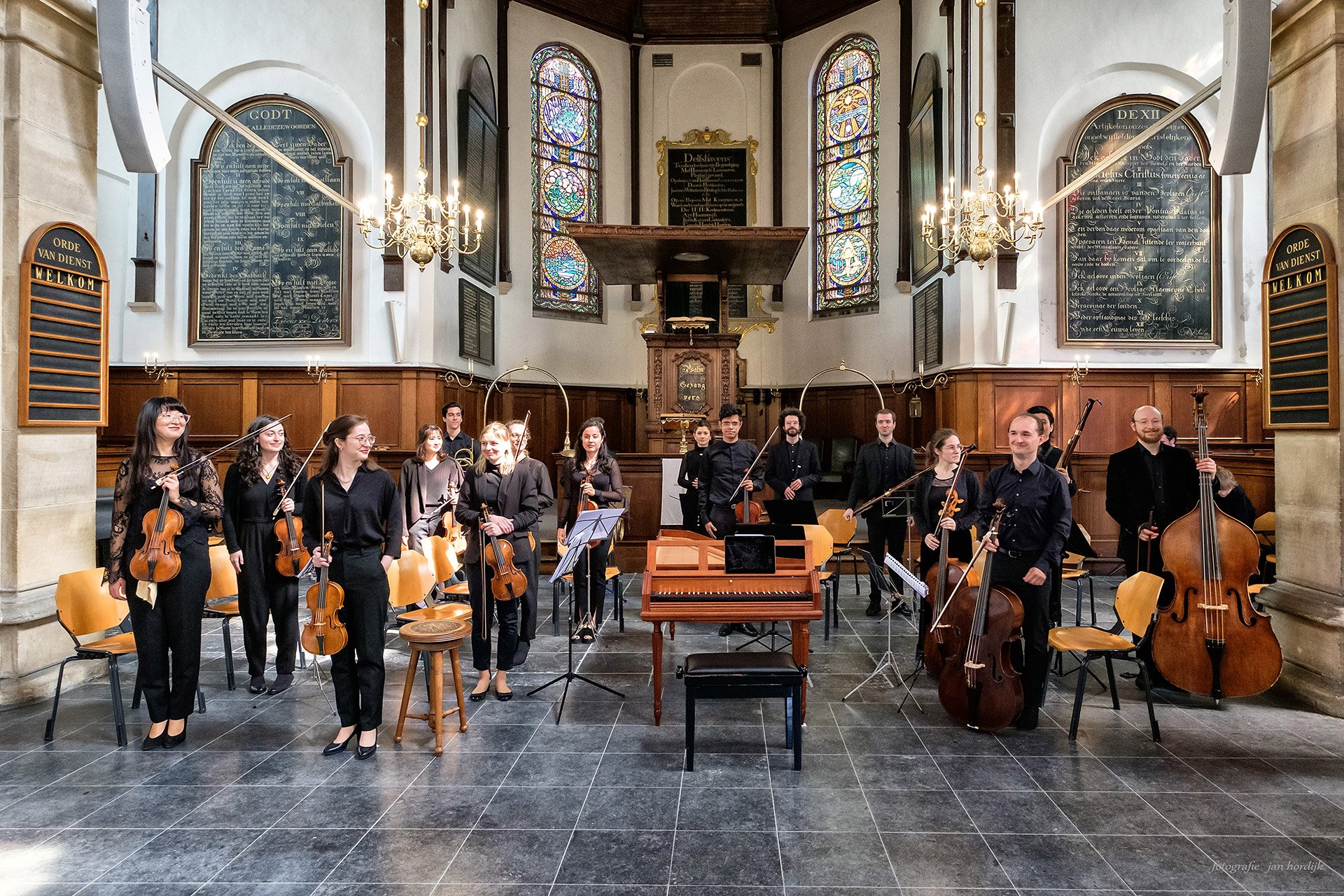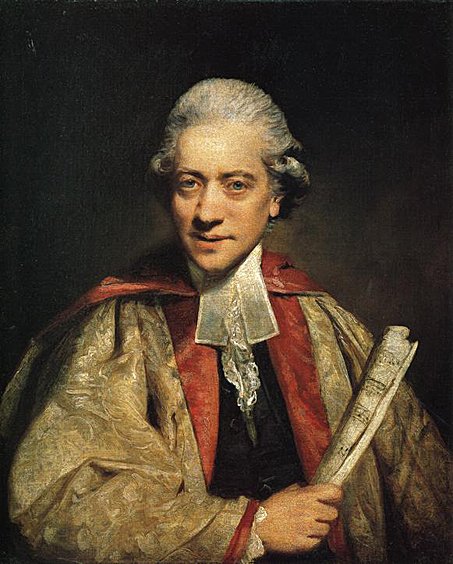
The Legendary
Mannheim Orchestra:
1742–78
At the Court of Karl Theodor
While Mannheim today is a relatively typical industrial city in southwest Germany, as the former capital of the Electorate of the Palatinate, it was regarded in the eighteenth century as a new “Athens on the Rhine.” This was due in part to the efforts of its ruler, Karl Theodor (1724–1799), who, unlike his many contemporaries who invested their treasury in war-making and territorial expansion, Karl Theodor invested heavily in arts, culture, and sciences. Taking his cues from the Enlightenment philosophies of his time, Karl Theodor sought to create a harmonious society built on knowledge, reason, and artistic expression. He opened his library and theatres to his subjects, poured money into the construction of astronomical observatories, and attracted all sorts of painters, sculptors, classicists, garden planners, architects, writers, philosophers, scientists, and musicians from all around Europe to his court, where they all intermingled and created a new intellectual boon.
It was under this inspiring climate that the Mannheim court orchestra became the most prominent in Europe. Not only were its performances of the music of the finest composers of the day lauded, but also were its own school of composers, virtuoso players, and innovative style. This school had a profound influence on later composers like Mozart and Haydn, and Mozart notably sought employment in Mannheim, albeit unsuccessfully. Yet, despite its grand and enticing qualities, it remains largely forgotten today, alongside the cultural legacy of Karl Theodor’s court. We were inspired to revive this music not only for its great qualities, but also to refresh the Enlightened-climate from which it was born: a cosmopolitan group of creative intellectuals, all working together and inspiring each other with diverse perspectives, bringing new innovations to the arts and sciences that sought to create an Enlightened, harmonious, society.
Karl Theodor resided at his court in Mannheim between 1742–78. However, from 1778, after inheriting the Electorate of Bavaria, he would move his court and many of his musicians to Munich, until his death in 1799.
Christian Friedrich Daniel Schubart (writing in 1784)
“The elector’s theater and his concert hall were almost an odeum, characterized by the masterworks of all artists. […] No orchestra in the world has ever surpassed the performance of the Mannheim orchestra. Its forte is thunder; its crescendo, a cataract; its diminuendo, like a crystal stream plashing in the distance; its piano, a spring breeze.”
Charles Burney (1772)
“There are more solo players and good composers in this, than perhaps in any other orchestra in Europe; it is an army of generals, equally fit to plan a battle, as to fight it.”

The New Mannheim Orchestra:
2016 – Present
This served as the inspiration behind Das Neue Mannheimer Orchester (DNMO), which was established in late 2016 in The Hague by Canadian harpsichordist and fortepianist Anders Muskens with the aim of recapturing the spirit of music from the period of the original Mannheim Court Orchestra, including late Baroque, galant, Classical, and early Romantic – especially from composers of the Mannheim School. As an early music ensemble, DNMO plays on period instruments using historically informed techniques. It is made up of young professional early music specialists, and is a highly international group featuring talents from the Netherlands, Belgium, Germany, Austria, France, Italy, Poland, Spain, Japan, Korea, Argentina, Colombia, Brazil, Australia, Canada, and the United States.
In November 2018, the ensemble was awarded the „Hofkapelle Elbe-Elster“ für das Jahr 2019 prize at the „Gebrüder Graun Prize“ 2018 in Bad Liebenwerda, Germany. DNMO has played at the Utrecht Early Music Festival Fringe in 2018–19; and the Wahrenbrücker Graun-Festtage 2019. DNMO produced a revival of Gian Francesco de Majo’s opera serenata, La gara delle grazie at the Grachtenfestival in Amsterdam in August 2020. DNMO was invited to play on Dutch national television’s Podium Witteman (NL) in April 2021 in a segment on the music of the Mannheim Court, and in the summer of 2021 produced a series of concerts supported by the Fonds Podiumkunsten Balkonscènes Fond (NL). In April 2022, DNMO performed at the Schwetzinger SWR Festspiele. With the support of Sean, the Canada Council for the Arts, the Alberta Foundation for the Arts, and the Adriana Jacoba Fonds, DNMO has produced numerous recordings released on teh labels Etcetera and Leaf Music Distribution (via Naxos)..
DNMO is committed to challenge established boundaries and conventions of the Classical Music world with the goal of rekindling the passion of eighteenth-century performances. With the collaboration of various musicologists, DNMO has a number of research initiatives to better understand and reconstruct eighteenth century orchestral performance practices. In addition to presenting music from well-known masters, DNMO seeks to present music of lesser-known composers which is equally worthy of performance.
How do we reconstruct the Mannheim Court Orchestra?
-

Historical Instruments
We play historical instruments: both originals and accurate replicas, which were used in the time of Carl Theodor. These instruments sound and work differently from their modern counterparts, and produce results that are more faithful to the period.
-

Research into Historical Stylistic Practices
We study sources from the past that teach us about the style and approach to music in the Carl Theodor period. This helps us understand better how to use historical instruments to create the effects annexed to the original Mannheim Orchestra. This also helps us understand musical notation, and stylistic devices in its historical context.
-

Understanding Musical Expression and Aesthetics in a Historical Context
We do research and experiments related to 18th century sentimental expressive principles, and artistic aesthetics, and see how these conceptions may be explored in modern performances. This includes understanding music rhetorically, and bringing in concepts from the theatrical arts.
-

Redefining what an orchestra can or should be around the concept of the "army of generals"
Also inspired by historical precedents, we want to explore and redefine the concept of an orchestra. Burney’s metaphor of the “army of generals,” read in the context of other sources, speaks to an orchestra with less top-down control and more individual agency. In our governance structures, we do away with the concept of the “modern orchestra conductor” and try to embrace the “army of generals” concept.
Learn More
Who were the Mannheimer?
Some information about the composers and musicians
in the Mannheim Court (1742–78) and Munich Court (1778–99)
DNMO Leadership
Learn about the artistic leadership of Das Neue Mannheimer Orchester





